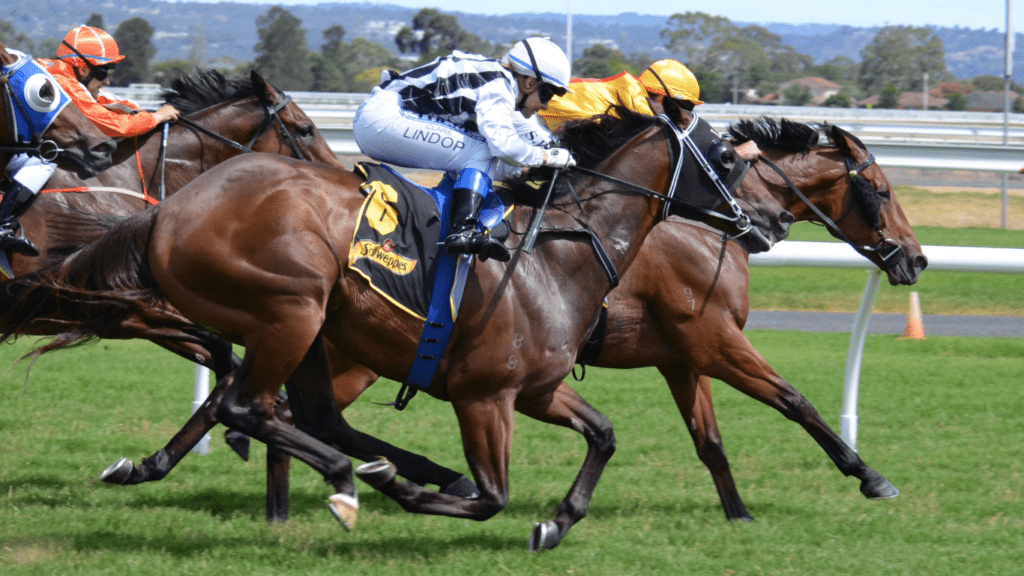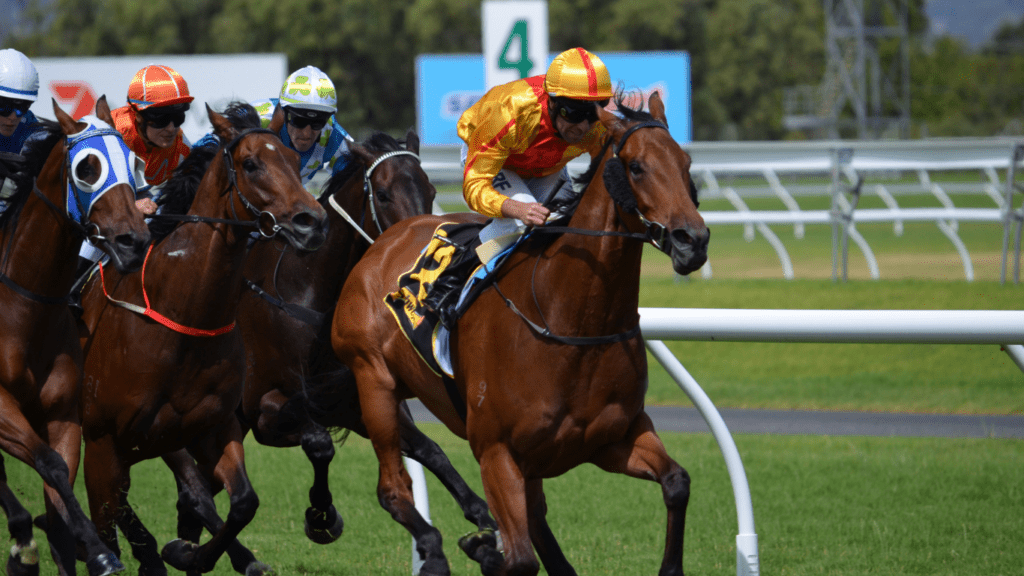When it comes to sports betting, most of us dream of hitting the jackpot. But the truth is, beating the odds isn’t just about luck; it’s about strategy. I’ve spent years diving into the world of sports betting, and I’ve learned that having a solid game plan can make all the difference in turning a profit.
Understanding Sports Betting Odds
Sports betting odds play a crucial role in determining potential payouts and the probability of an outcome. Knowing the types and calculations of odds is essential for making informed betting decisions.
Types of Betting Odds
- Decimal Odds: Common in Europe, these odds show the total payout instead of just profit. For example, odds of 2.50 indicate a $2.50 return for a $1 bet, including the stake.
- Fractional Odds: Widely used in the UK, these odds represent the profit relative to the stake. A bet with 5/1 odds means I’d win $5 for every $1 wagered.
- Moneyline Odds: Popular in the US, these odds show how much profit I’d make on a $100 bet. Positive odds, like +150, indicate profit on a $100 stake, while negative odds, like -150, show the amount I need to bet to win $100.
How Odds Are Calculated
Odds reflect the implied probability of an outcome. To calculate implied probability, I divide 100 by decimal odds. For example, decimal odds of 2.00 indicate a 50% probability since 100/2.00 equals 50.
For fractional odds, I can convert them to decimals by adding one to the fraction. For instance, with 5/1 odds, the decimal equivalent is 6.00 (5+1). Understanding these calculations aids in assessing value in bets, allowing for better strategic decisions.
Key Strategies for Beating the Odds
Effective strategies in sports betting significantly enhance profitability. Here are essential approaches for optimizing your betting experience.
Research and Analysis
- Research & Data-Driven Betting: Analyzing team performance, player stats, and historical data helps predict outcomes more accurately.
- Influencing Factors & Tools: Considering injuries, weather, trends, and expert insights, along with analytical tools, enhances decision-making in sports betting.
Bankroll Management
I employ stringent bankroll management techniques to protect my wagering funds. Establishing a clear budget is crucial; I determine a predetermined amount for betting and avoid exceeding it.
I recommend setting a stake percentage, typically between 1-5% of the total bankroll, when placing each bet, which helps balance risk and reward. Additionally, I adjust this stake based on confidence levels, allowing for larger bets on highly favorable outcomes while remaining cautious on uncertain ones.
Tracking profits and losses meticulously fosters disciplined betting behavior and ensures sustainability in the long run.
Advanced Techniques for Success
Employing advanced techniques can elevate your sports betting strategy. These methods rely on data-driven insights and psychological understanding to improve decision-making.
Utilizing Data and Statistics
Utilizing data and statistics is essential for successful sports betting. I analyze various data sets, including player performance metrics, team statistics, and historical match outcomes. Focusing on key performance indicators (KPIs) like points scored, rebounds, or player efficiency ratings helps in forming a clearer picture of a team’s capabilities.
I also leverage advanced analytical tools, such as predictive modeling and machine learning algorithms, to generate accurate forecasts. Keeping track of additional factors—like injuries, game location, and weather conditions provides further context and refines predictions.
Understanding betting trends over time also helps adjust strategies by capitalizing on line movement and public sentiment.
Betting Psychology
Understanding betting psychology plays a critical role in my overall approach. Emotions can distort judgment, leading to impulsive betting decisions. I prioritize a disciplined mindset, which supports adherence to my strategic plan, even during losing streaks.
I focus on the psychology behind odds movements and betting markets. Knowing how public perception affects odds allows me to identify value bets. Often, backing underdogs or contrarian picks offers better returns, especially when the public sways heavily towards favorites. Learning to manage my emotions and leverage psychological insights enhances my betting effectiveness.
Common Mistakes to Avoid
Avoiding common mistakes can enhance your sports betting experience and increase your chances of success. I’ve encountered several pitfalls that can derail even the most seasoned bettors.
Chasing Losses
Chasing losses leads to irrational decisions. When I lose a bet, the instinct to quickly recover that money often results in poor judgment. Placing larger bets to offset previous losses can create a cycle of greater losses. Instead, sticking to a calculated betting strategy ensures that losses become manageable and don’t lead to emotional or impulsive betting behavior.
Ignoring the Value Bet
Ignoring the concept of value betting is a critical mistake. A value bet occurs when the probability of a given outcome is underestimated by bookmakers, offering a higher potential return.
Instead of focusing solely on favorites, I analyze odds and implied probabilities to identify mispriced opportunities. Recognizing these value bets allows me to make informed decisions that align with my long-term strategy, maximizing potential returns and improving overall profitability.





